Since joining ASEAN in 1995, Vietnam has demonstrated a strong, proactive and active commitment to regional educational cooperation. This is clearly demonstrated through the Party and State's attention to international integration and cooperation in education and training, especially through Resolution No. 29-NQ/TW dated November 4, 2013 of the 11th Party Central Committee on "fundamental and comprehensive innovation of education and training to meet the requirements of industrialization and modernization in the context of a socialist-oriented market economy and international integration".
On that basis, Vietnam'seducational integration goals aim to develop educational institutions to reach regional and international standards, innovate programs, recognize degrees and enhance academic exchanges, contributing to the common development of the ASEAN bloc.
Proactive, positive, responsible
After 30 years since Vietnam joined ASEAN, educational cooperation within the bloc is increasingly becoming an important strategic driving force, helping the S-shaped country develop high-quality human resources, aiming for a proactive role in the era of national development.
Vietnam has actively participated in important frameworks and agreements such as the ASEAN Socio-Cultural Community (ASCC) Blueprint 2025, the ASEAN Education Action Plan and the ASEAN Declaration on Human Resources Development for the Changing World of Work (2020). These frameworks have laid a solid foundation for regional education integration. Vietnam has also proactively proposed initiatives such as the ASEAN Declaration on Human Resources Development 2020, and as ASEAN Chair, has chaired educational cooperation activities many times.
In addition, Vietnam is actively participating in the ASEAN University Network (AUN), with three core member universities: Vietnam National University, Hanoi, Vietnam National University, Ho Chi Minh City, and Can Tho University. As of February 2025, Can Tho University has 34 programs assessed and certified by AUN-QA, while Vietnam National University, Ho Chi Minh City has 75 programs assessed since 2009.
By 2024, Vietnam will lead ASEAN with 388 programs meeting the ASEAN University Network Quality Assessment (AUN-QA) Standards, affirming its proactive role in improving the quality of education.
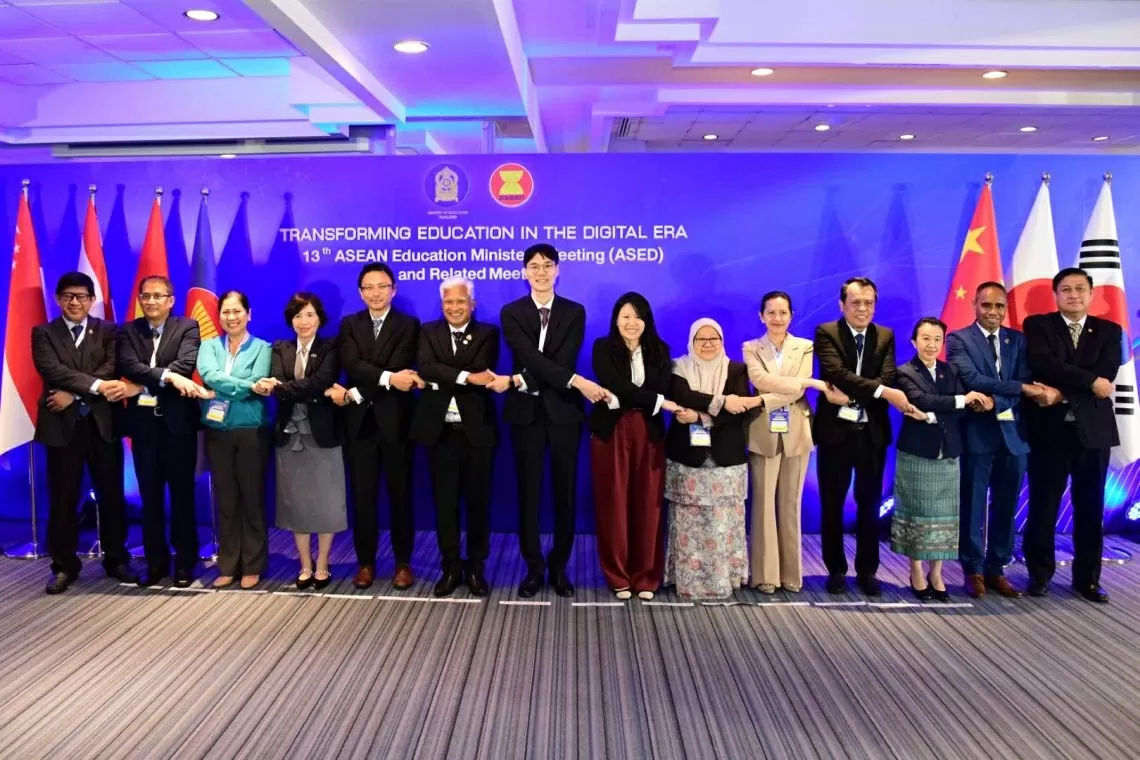 |
| The 7th ASEAN+3 Education Ministers Meeting will take place on August 26, 2024, in Thailand. (Source: ASEAN) |
The great benefits
In the era of growth, ASEAN education cooperation plays an important role in preparing the workforce for the digital economy and Industry 4.0, fostering skills in STEM, promoting innovation and entrepreneurship.
ASEAN education cooperation also has many tangible impacts on the development of high-quality human resources in Vietnam. The ASEAN Human Resource Development (HRD) Framework focuses on developing lifelong learning skills and 21st century skills, which are relevant to Vietnam's needs. Participation in these efforts helps ensure that Vietnam's workforce is equipped with the necessary skills, training highly qualified human resources, meeting the country's socio-economic development needs, for the regional and global labor market.
In addition, ASEAN focuses on inclusive and high-quality education, as well as policy dialogue on employability and digital skills. Many ASEAN policy forums facilitate cooperation between policymakers, academics and industry leaders, promoting research and knowledge exchange. Or the ASEAN Qualifications Reference Framework (AQRF) and student and lecturer exchange programs also contribute to improving skills and capacity for Vietnamese people.
It can be said that ASEAN educational cooperation creates space for domestic scientists, researchers and educational institutions to cooperate and carry out many research and innovation projects, contributing to promoting the development of science, technology and innovation.
In addition, participating in ASEAN educational cooperation also helps Vietnam enhance its position and integrate deeply into the region and the world. Through that, Vietnam can demonstrate its proactive, positive and responsible role in ASEAN, contributing to building the Association into a strong community.
Educational cooperation within ASEAN is strategically aligned with Vietnam’s priorities for developing high-quality human resources. Our country has identified improving the quality of human resources as a strategic breakthrough, focusing on areas such as information and communication technology, automation, artificial intelligence (AI), finance, and healthcare.
Working with ASEAN, particularly through Human Resource Development (HRD), helps Vietnam prepare its workforce for the future, narrow the education gap and address skills gaps. The AUN-QA standards support the goal of enhancing the quality and global standing of Vietnamese universities. ASEAN cooperation is also in line with Vietnam’s broader international cooperation strategy on human resource development.
The AUN-QA certification of Vietnamese universities and the "Go Digital ASEAN" initiative have brought many positive results in developing Vietnam's human resources. The "Go Digital ASEAN" initiative has trained more than 81,000 Vietnamese people in digital skills, supporting digital economic integration and Industry 4.0.
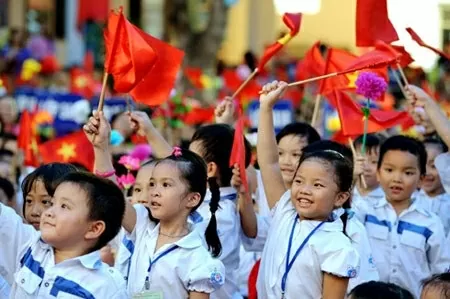 |
| ASEAN educational cooperation also brings many tangible impacts on the development of high-quality human resources in Vietnam. (Source: VGP) |
Actively contribute with advantages in education
In recent years, Vietnam has achieved many outstanding results in international exams. Notably, the scores of students in our country do not have obvious inequality between genders and regions, demonstrating fairness in access to education. A study by the Stockholm School of Economics shows that Vietnamese children aged 5-8 have outstanding learning productivity, much higher than many countries in the region.
Teacher quality is a key factor in this success, because the Vietnamese teaching staff is well managed, regularly trained and has the freedom to be creative in teaching, making each lesson more attractive. Special treatment policies for teachers in remote areas and teacher evaluation based on student learning outcomes also contribute to improving teaching quality. The attention and investment of the Party and State, along with the Vietnamese people's tradition of studiousness, are important foundations for maintaining and improving the quality of education.
Vietnam has actively promoted international cooperation in the fields of vocational education, agriculture and handicrafts, taking advantage of existing advantages, aiming to improve training quality, develop human resources and contribute to the common development of the region and the world.
In the field of vocational education, we have signed many cooperation documents with international and ASEAN partners to improve training quality, apply international standards and develop skills suitable to the needs of the modern labor market.
In the agricultural sector, Vietnam has established long-term and effective cooperative relations with partners such as Belgium and many African countries, through the exchange of officials and students, scientific research cooperation and advanced technology transfer. Agriculture is a key economic sector in Southeast Asia, directly affecting the economy, politics and society of each member country and its partners in the region. This model of technology transfer, staff training and scientific research can be considered a model for ASEAN to learn from and apply in regional cooperation, especially in the context of the bloc moving towards sustainable agricultural development and adaptation to climate change.
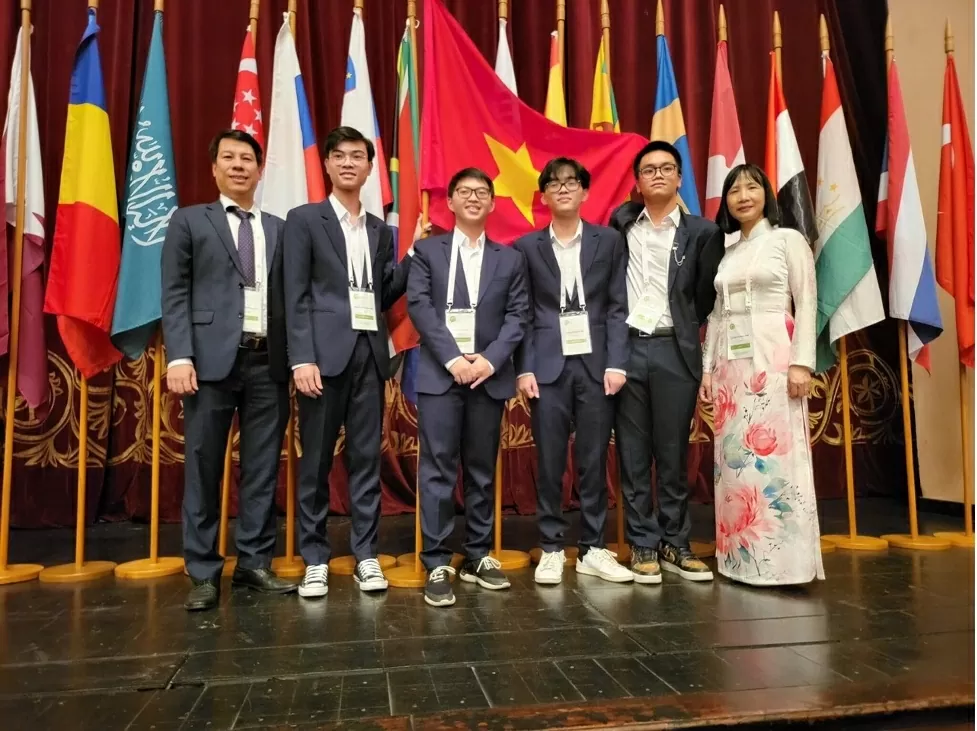 |
| Vietnamese students have achieved many outstanding results in international Olympic competitions. (Source: Ministry of Education and Training) |
In addition, Vietnam also promotes its strengths in traditional handicrafts through vocational training programs, developing craft skills and connecting with international markets, contributing to the preservation and development of traditional crafts, while creating jobs for workers. Organizing seminars and signing many bilateral and multilateral cooperation agreements in vocational education and professional skills training helps Vietnam improve its training capacity, meeting the needs of socio-economic development in the context of increasingly deep international integration.
However, we still face challenges such as differences in educational levels, financial constraints, and qualification recognition. To overcome these challenges, Vietnam needs to strengthen national policies in line with the ASEAN framework, actively participate in many regional initiatives, enhance cooperation with leading ASEAN universities, and address issues related to qualification recognition.
In short, international integration and cooperation in education and training have been and are a strategic pillar in Vietnam's development journey, contributing to improving the quality of human resources, meeting the requirements of the digital economy and Industry 4.0. With the spirit of "proactive, positive, responsible", Vietnam not only participates in but also leads many educational initiatives in ASEAN such as the ASEAN Education Cooperation Priority Orientation 2022-2023, announcing the ASEAN Higher Education Space Roadmap 2025. At the same time, our country has also actively promoted the development of learning recovery and education adaptation documents, supported ASEAN countries to rebuild their education systems after the Covid-19 pandemic and promoted digital transformation in education, developed higher education, and ensured equitable access to education.
These efforts not only improve the quality of education in ASEAN but also contribute to building a sustainable, integrated and innovative education community, helping Vietnam affirm its position on the regional education map. By strengthening national policies in line with ASEAN frameworks, learning from successful educational cooperation models in the world and expanding links with many leading universities, Vietnam will continue to consolidate its position in the era of growth, actively contributing to the sustainable development of the region and the world.
Source: https://baoquocte.vn/hop-tac-giao-duc-asean-dong-luc-chien-luoc-cho-phat-trien-nguon-nhan-luc-chat-luong-cao-cua-viet-nam-trong-ky-nguyen-vuon-minh-317559.html








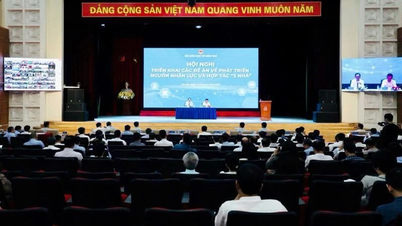



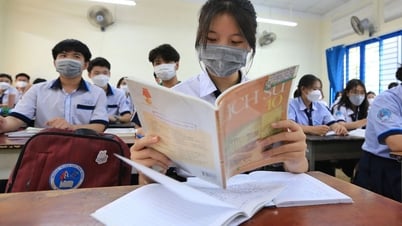









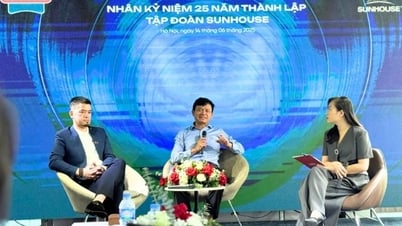
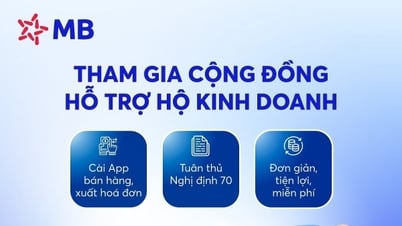
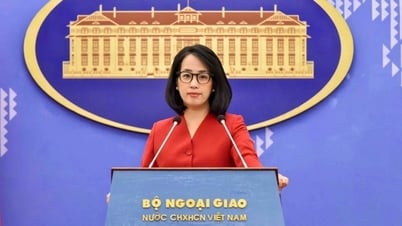

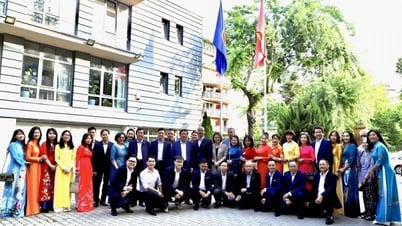
![[Photo] Prime Minister Pham Minh Chinh receives leaders of several Swedish corporations](https://vphoto.vietnam.vn/thumb/1200x675/vietnam/resource/IMAGE/2025/6/14/4437981cf1264434a949b4772f9432b6)








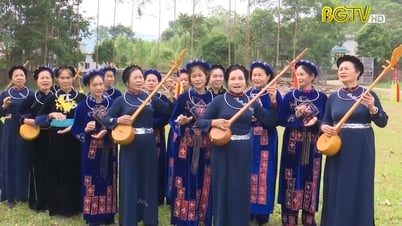









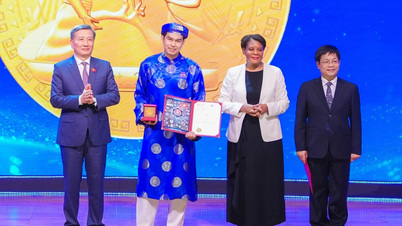





















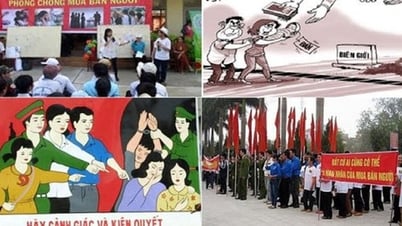
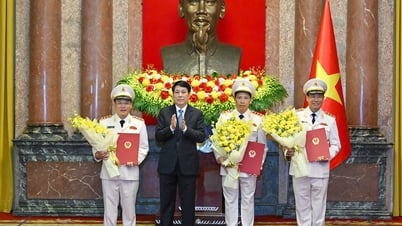

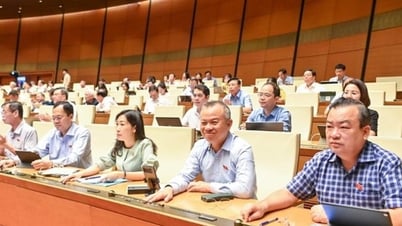

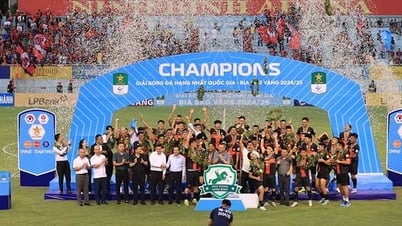




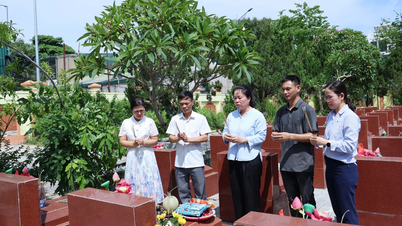

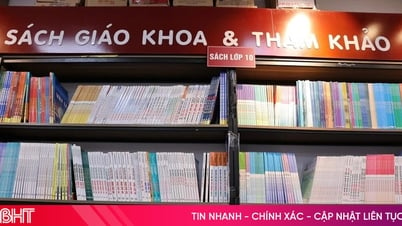

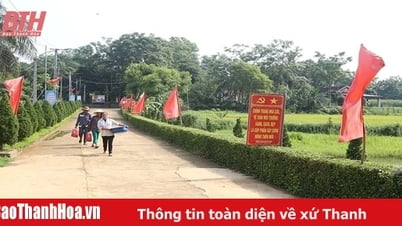









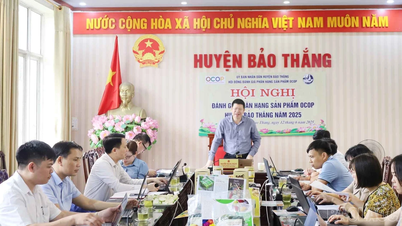

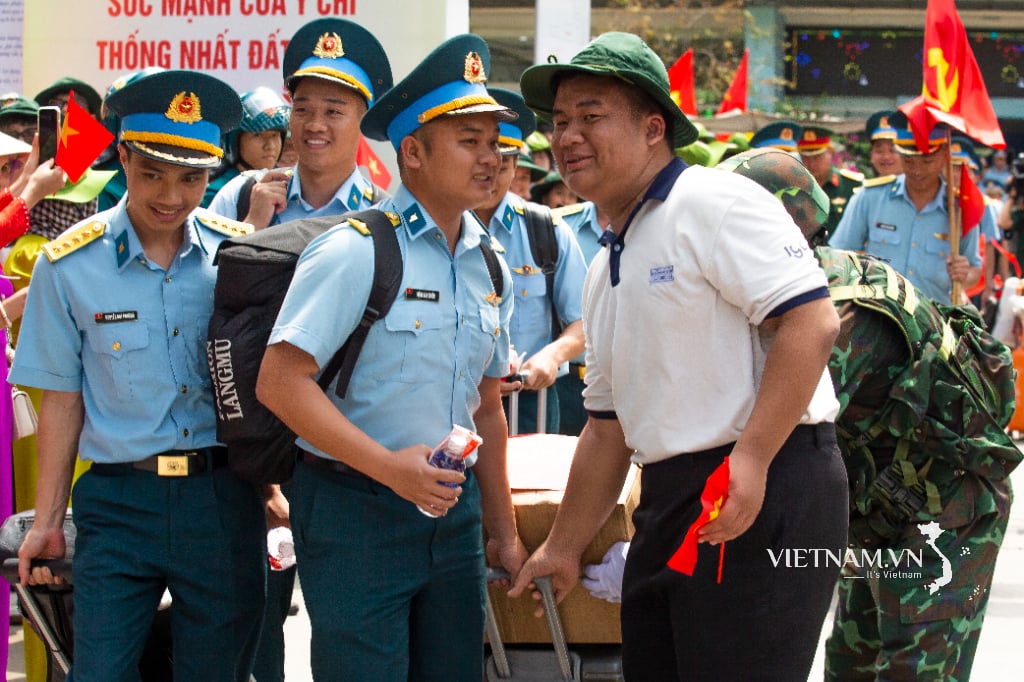


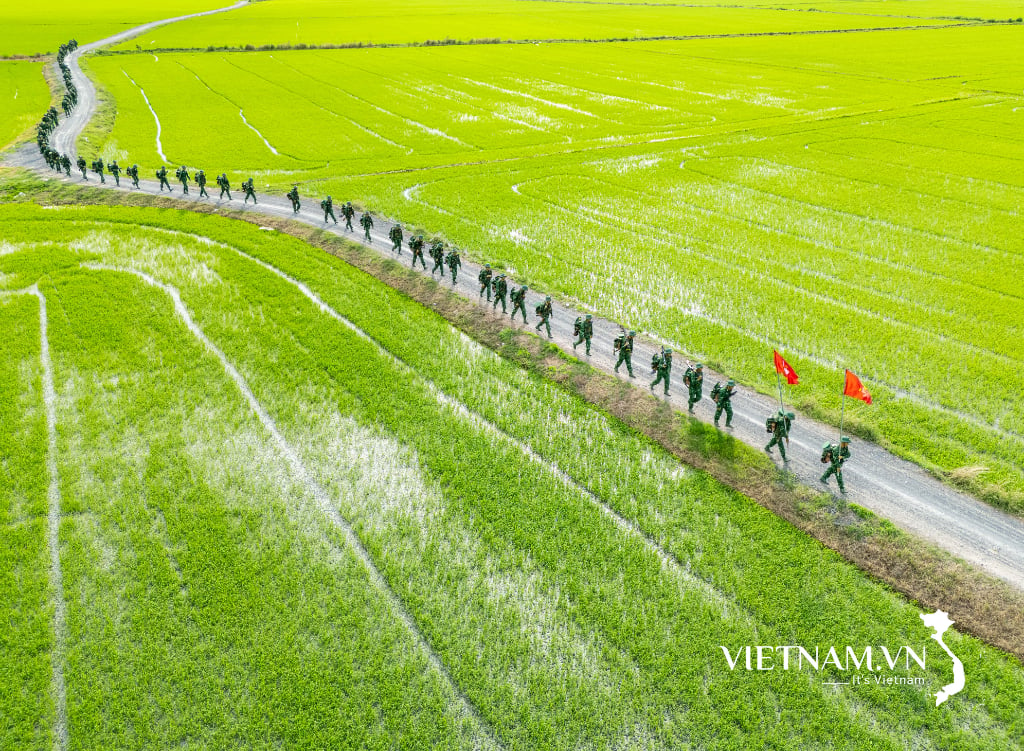
Comment (0)